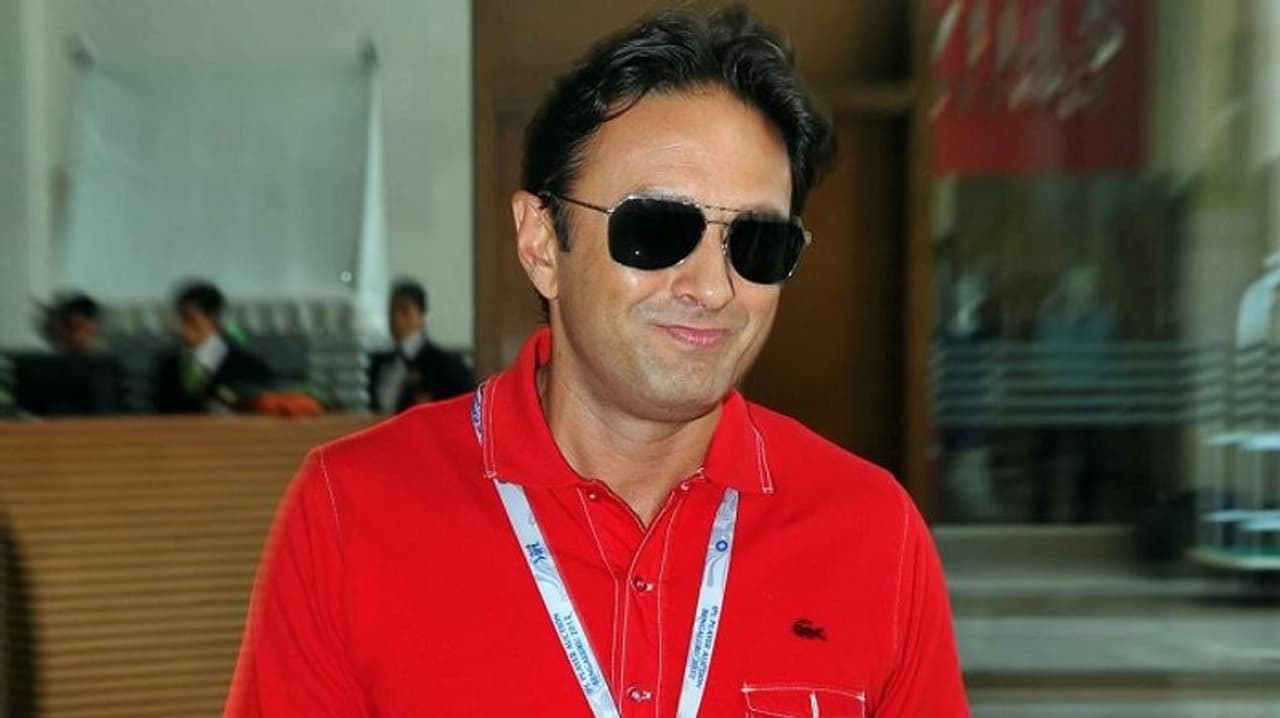Punjab Kings co-owner Ness Wadia more than interested in owing a Women's IPL team
The Women's IPL is likely to begin in 2023. Meanwhile, Punjab Kings co-owner Ness Wadia has expressed his profound interest in owning a side.

Image credit: Facebook
While the Indian Premier League (IPL) remains the most successful Twenty20 (T20) tournament globally, the women's version of the competition has long been vouched for. Although the Board of Control for Cricket in India (BCCI) has organised a miniature version of the same known as the Women's T20 Challenger, a proper six-team Women's IPL is expected to start in 2023. In the meantime, Punjab Kings (PBKS) co-owner Ness Wadia has expressed his profound interest in owning a side in the same.

Image credit: Facebook
Speaking to PTI, Wadia said that he would be more than interested in owning a Women's IPL side. He felt that it would be exceptional while asserting that the women's sport has developed significantly well in the past few years. He also mentioned the ongoing ICC Women's World Cup in New Zealand has generated significant interest among the viewers, although India getting ousted in the league stage was heartbreaking.
Image credit: BCCI
"That is for the BCCI to decide, but I can tell you if we are asked to own a team, we would be more than interested. I feel the league would be sustainable," Wadia told PTI. While the BCCI is under pressure to launch the Women's IPL, Australia Women's Big Bash League (WBBL) and England's Women's Hundred have already generated a lot of crazes. In contrast, Windies will also organise a three-team Caribbean Premier League (CPL) this year onwards.
Image credit: BCCI
Recently, the BCCI has also made a lot of profit following the sale of two new teams in the IPL. It is also expected to earn more in the coming years through the media rights, with Star Sports having paid a whopping ₹16,000 crore between 2018-22 in the current cycle. It is presumed that the subsequent five cycles could fetch the BCCI around ₹40,000 crore, while Wadia feels that it should at least double, with something around ₹35,000 crore.
Stay on top of all the latest Sports News, including Cricket News, Football News, WWE News, and updates from Other Sports around the world. Get live scores, match highlights, player stats, and expert analysis of every major tournament. Download the Asianet News Official App to never miss a sporting moment and stay connected to the action anytime, anywhere.